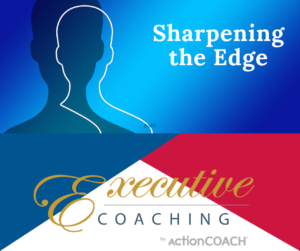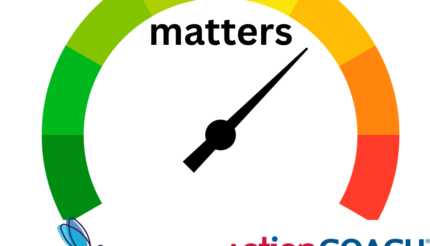If you’re a senior leader in a well-established business, you’ve likely come across the term Executive Coaching. But what does it really mean and how does it differ from business coaching?
In our experience working with leaders across a broad spectrum of businesses, the distinction is clear. Executive Coaching is specifically tailored to the needs of leaders in more mature businesses. These are companies that already have the fundamental structures in place—consistent revenue, defined teams, and operational systems. What they need now isn’t a complete business overhaul, but a sharper focus on leadership performance, strategic alignment, and culture.
Executive Coaching: Sharpening the Edge
Executive Coaching is about helping high-level leaders perform at their best. These individuals aren’t starting from scratch, they’re already operating within functioning organisations. But no matter how experienced, every leader can benefit from a sounding board, a fresh perspective, and practical tools to help navigate change, decision-making, and team dynamics.
We use the Fit4Action framework as the backbone of our executive coaching. It’s designed to create real traction by focusing on mindset, behaviour, and accountability—three essential components of effective leadership. Rather than simply offering advice, we coach leaders to challenge their assumptions, build stronger habits, and take intentional action that drives long-term value.
Business Coaching: Laying the Foundations
By contrast, Business Coaching is often more appropriate for smaller or growing businesses, those still building the core structures of their enterprise. In this space, coaching focuses more on establishing the fundamentals: financial controls, marketing systems, sales processes, team development, and time management.
While both types of coaching aim to develop leadership and business success, the content and approach differ. Business coaching might include helping a business owner understand their numbers for the first time or build a marketing strategy from scratch. Executive coaching assumes those foundations exist and takes things to the next level, fine-tuning culture, strategy, and leadership capability.
The Coaching Experience
Whether it’s executive or business coaching, the experience for the client is similar in structure. Both involve regular sessions, accountability, and practical tools. The difference lies in what we focus on and how we challenge our clients.
In executive coaching, the sessions are often more reflective, strategic, and bespoke. We explore leadership identity, the quality of decision-making, how to influence others more effectively, and how to sustain performance without burnout.
Why It Matters
Great leaders don’t stop learning. They understand that the higher they climb, the more crucial it is to have a trusted guide who can help them stay clear, focused, and accountable. Executive coaching isn’t a sign of weakness—it’s a sign of maturity and commitment to growth.
If your business is established, and you’re ready to develop your leadership team for the next level of performance, executive coaching could be the catalyst that makes all the difference.






